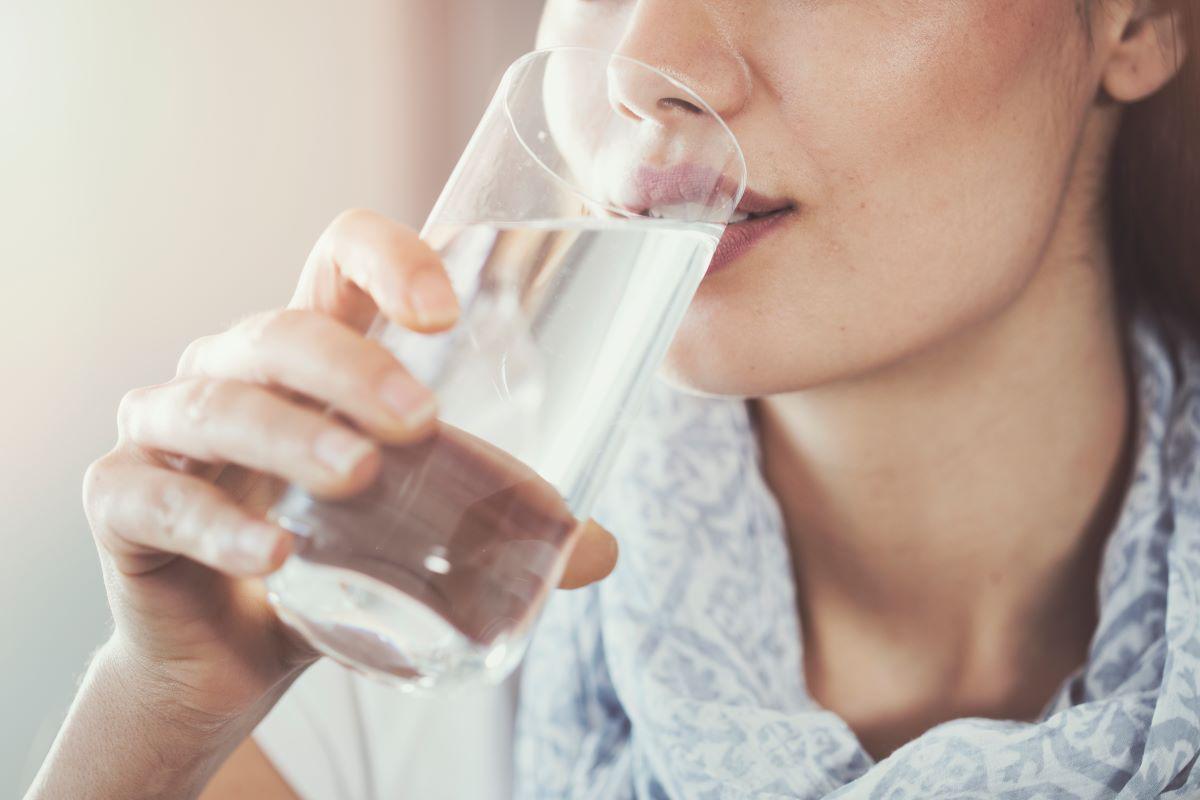
As a homeowner, it’s easy to think of your plumbing system as something that never really changes. But the residential plumbing industry is constantly introducing new products and technologies designed to make life more convenient, save money on utility bills, and help conserve water. Below, we’ll highlight some of the most notable upgrades available today so you can make informed decisions about how to adapt your home’s plumbing to your needs and budget.
Smart Leak Detection Systems
Smart leak detection systems use a network of sensors placed in key areas, such as under sinks, near water heaters, and by appliances. These systems can also be paired with smart shut-off valves that automatically stop water flow if a leak is detected. For example, if a sensor near your washing machine detects a leak, the system can shut off the water to that appliance to prevent further damage. Most models also send alerts directly to your smartphone so you can address the issue quickly.
Tankless Water Heaters
Tankless (or on-demand) water heaters heat water only when needed, eliminating the standby energy loss of traditional tank systems. Compact and wall-mounted, they’re ideal for saving space while delivering steady hot water. By heating water on demand, they’re often more energy-efficient and can lower utility bills, especially in households with moderate hot water use. They also eliminate the frustration of running out of hot water mid-shower. However, “endless” hot water is only possible within the system’s capacity — if too many fixtures run at once, output may drop to lukewarm unless the unit is sized or supplemented correctly.
Smart Water Heaters
Smart water heaters offer wireless controls and monitoring. You can adjust settings remotely, enable vacation mode, schedule heating cycles, and track energy usage. By understanding your patterns, you can fine-tune settings to reduce energy consumption without sacrificing comfort.
High-Efficiency Fixtures
High-efficiency fixtures reduce water use without lowering performance. Dual-flush toilets, for example, let you choose a lower volume flush for liquid waste or a higher volume for solids. Many modern toilets use just 1.28 gallons per flush — far less than older models, which can use 5–7 gallons. Low-flow showerheads and faucets use aerators to mix air into the water stream, maintaining strong pressure while reducing gallons per minute (GPM).
Greywater Recycling Systems
Household wastewater is either greywater (from sinks, showers, and appliances) or blackwater (from toilets). Greywater can be treated and reused for non-potable purposes like irrigation or car washing. A greywater recycling system filters and redirects this water for reuse, potentially reducing outdoor water consumption significantly in the summer. In ideal conditions, some homes may see up to 50% reductions in outdoor freshwater use, but actual savings vary by household habits, landscaping needs, and local regulations — and some municipalities require permits for installation.
PEX Piping
PEX (cross-linked polyethylene) piping is a flexible, corrosion-resistant alternative to copper, PVC, and galvanized steel. It’s easier and faster to install because it requires fewer fittings and can bend around corners. PEX is more freeze-tolerant than rigid piping, as it can expand slightly if water freezes inside. However, it’s not freeze-proof — prolonged freezing can still cause damage if lines aren’t protected.
Smart Shower Systems
Smart shower systems allow you to digitally control temperature, flow rate, and shower duration. Some can store profiles for different users and integrate with smart assistants like Google Home or Alexa. Features like preheating or timed shut-offs can improve both convenience and water efficiency.
Whole-House Water Filtration
Whole-house filtration treats all incoming water, ensuring every fixture — from the kitchen sink to the shower — has improved water quality. These systems remove sediment, chlorine, and other impurities, reducing the need for individual point-of-use filters.
Push-to-Connect Fittings
Push-to-connect fittings simplify plumbing work by allowing quick, tool-free connections between pipes. They’re secure, long-lasting when installed correctly, and ideal for repairs or upgrades without soldering or specialty equipment.
Hybrid Water Heaters
In today’s market, a “hybrid water heater” most often refers to a heat pump water heater — a system that uses a built-in heat pump to move heat from the surrounding air into the water, paired with electric resistance heating as a backup for high-demand periods. Some systems can be integrated with renewable energy setups, such as solar thermal collectors, but this is less common and typically requires a specialized installation. The main benefit of hybrids is their high efficiency, which can significantly lower operating costs compared to standard electric tank models.
UV Water Purification Systems
UV purification uses ultraviolet light to neutralize bacteria, viruses, and parasites in water without chemicals. These systems are especially popular with private well owners but can also be used in municipal water systems for added peace of mind. They’re typically installed at the water’s entry point so all household water is treated.
Exceptional Plumbing Installation Services
Benjamin Franklin Plumbing® offers expert plumbing installation services for the Ocean County, NJ community. We can also help with plumbing replacement, repair, and inspections. Call our office today to schedule your next service consultation with one of our experienced plumbers.

 Your Privacy Choices
Your Privacy Choices